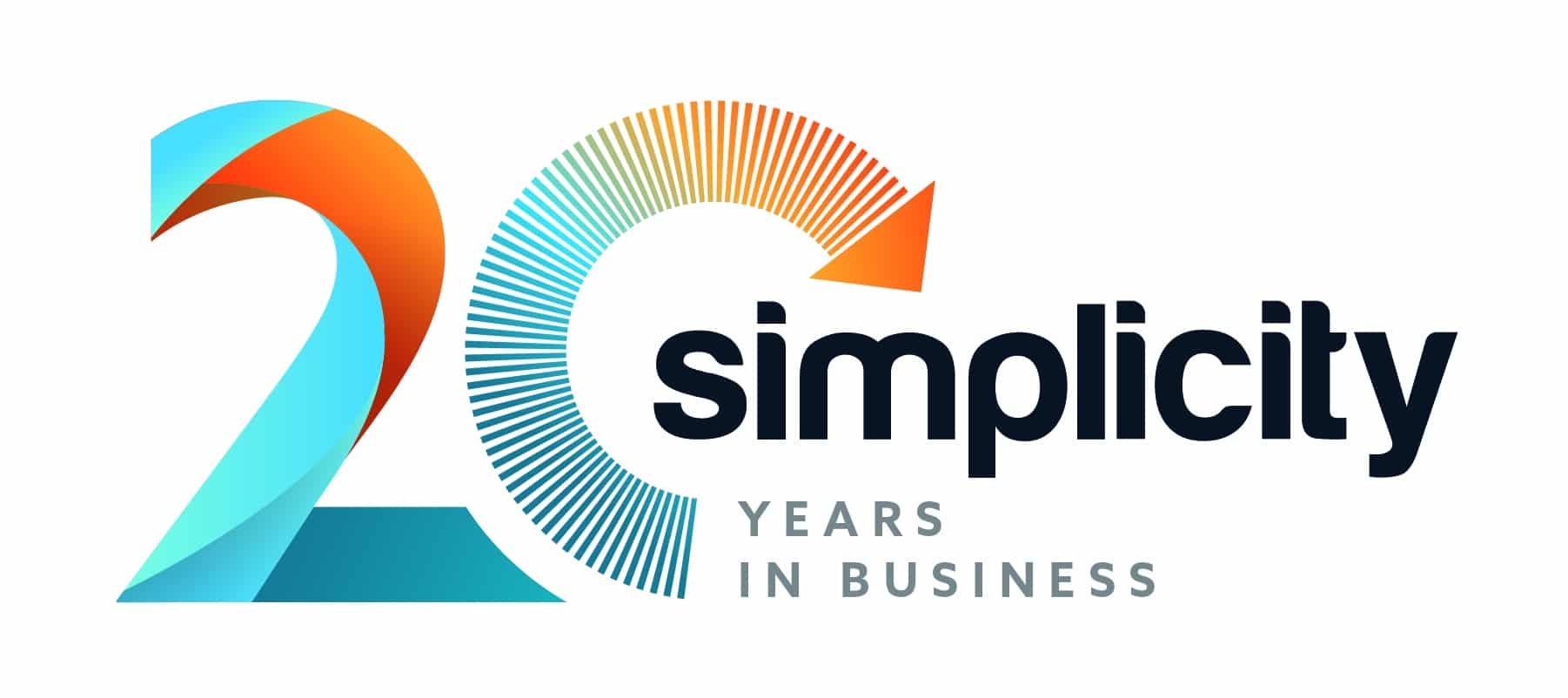Fraud in your supply-chain – HMRC vs YOU
Many in the Temp recruitment market have complained, quite reasonably, that they cannot compete with those in the industry who use “Contractors” and “Umbrella Companies”, which in their opinion flagrantly flout the tax and National Minimum Wage Laws.
Fortunately, legislative changes have altered the environment and made a more level playing field where “deceitful ” Umbrellas have been forced out of a large part of the market. Of course, there are still many good guys trying to do the right thing, but it seems HMRC tars them with the same brush and makes life very difficult for them, which in turn makes life difficult for you.
This article is not for the agencies (employment businesses) that take kickbacks from their umbrellas. In a tight margin market (I argue), they can only deliver such kickbacks by deceiving their Temps or HMRC. Here’s hoping HMRC get all of them.
Others have raised warning flags, but I want to raise them even higher and wave them even harder. HMRC have got their bit between their teeth and are out to recover ANY tax losses from WHOMSOEVER they can.
You are a normal agency doing your job, trying to make a buck but never dreaming of deceiving HMRC. You have acted as their unpaid tax collector and paid all your due taxes in a proper and timely manner. What’s more, you have taken on, for free, the task of reporting your intermediaries’ supplier transactions in immense detail and submitted those every quarter to HMRC. If in the construction sector, you have done even more, checking every supplier for their Construction Industry Scheme (CIS) status, and reporting your CIS payments every month, whether under deduction or not. Whilst still trying to run your business and paying your taxes to fund, amongst other things, the wages of those in HMRC. I expect the cockles of your heart are warmed by the thanks you get from HMRC. No? It’s far from that.
When your supplier fails to pay their VAT (for whatever reason) and stops trading, HMRC is likely to write to you telling you of the tax loss, not that you were involved in it, nor could you have done anything about it. However, they are likely to treat the loss as fraud, whether there is solid proof or not.
What does this mean for you as an employment business?
They will use case law known as the ‘The Kittel Principle’ to recover the money lost. The process of this principle is to hold you responsible (the employment business) for it and demand you are denied any input VAT that you paid out to those “Missing trader “or “Fraudulent transactions”. They will state that you knew or should have known that traders were not going to pay their taxes to HMRC and then charge a penalty to your business and the officers/directors at a rate of 30% of their claim.
For more information, please visit – Compliance checks: penalties for transactions connected with VAT fraud – CC/FS42 (publishing.service.gov.uk)
So how can you protect yourself from such claims?
It’s not easy. Firstly, ensure that you have due diligence supplier checking processes in place, but you need to do more than that. For example, if check sheets are not sent out or returned, the signature is not checked as being on the returned sheet or even confirmable as the officer of the supplier company, HMRC could target you. You can find guidance principles here https://www.gov.uk/government/publications/use-of-labour-providers
Check regularly that your supplier’s VAT registration has not been withdrawn. If HMRC has done that, they will often likely inform you retrospectively, and then the umbrella company are likely to deny current input tax.
Repeat your due diligence regularly (every 6 months minimum) and make sure you keep records; if they are missing anything, HMRC is more than likely to presume that they were lost on purpose. Produce all you can, but don’t let that lull you into thinking you won’t get accused of knowing of the “fraud “or that you should have known. If it’s too good to be true, then it’s best to not touch that business model.
What do I do if HMRC targets me?
Our advice is to engage lawyers with expertise in this area immediately. Don’t go to other commercial lawyers because normal court procedure rules simply don’t apply. HMRC will demand the money before any hearing, and you could go bust before you can even get your defence in order.
For more information, please visit Mini umbrella company fraud – GOV.UK (www.gov.uk)



